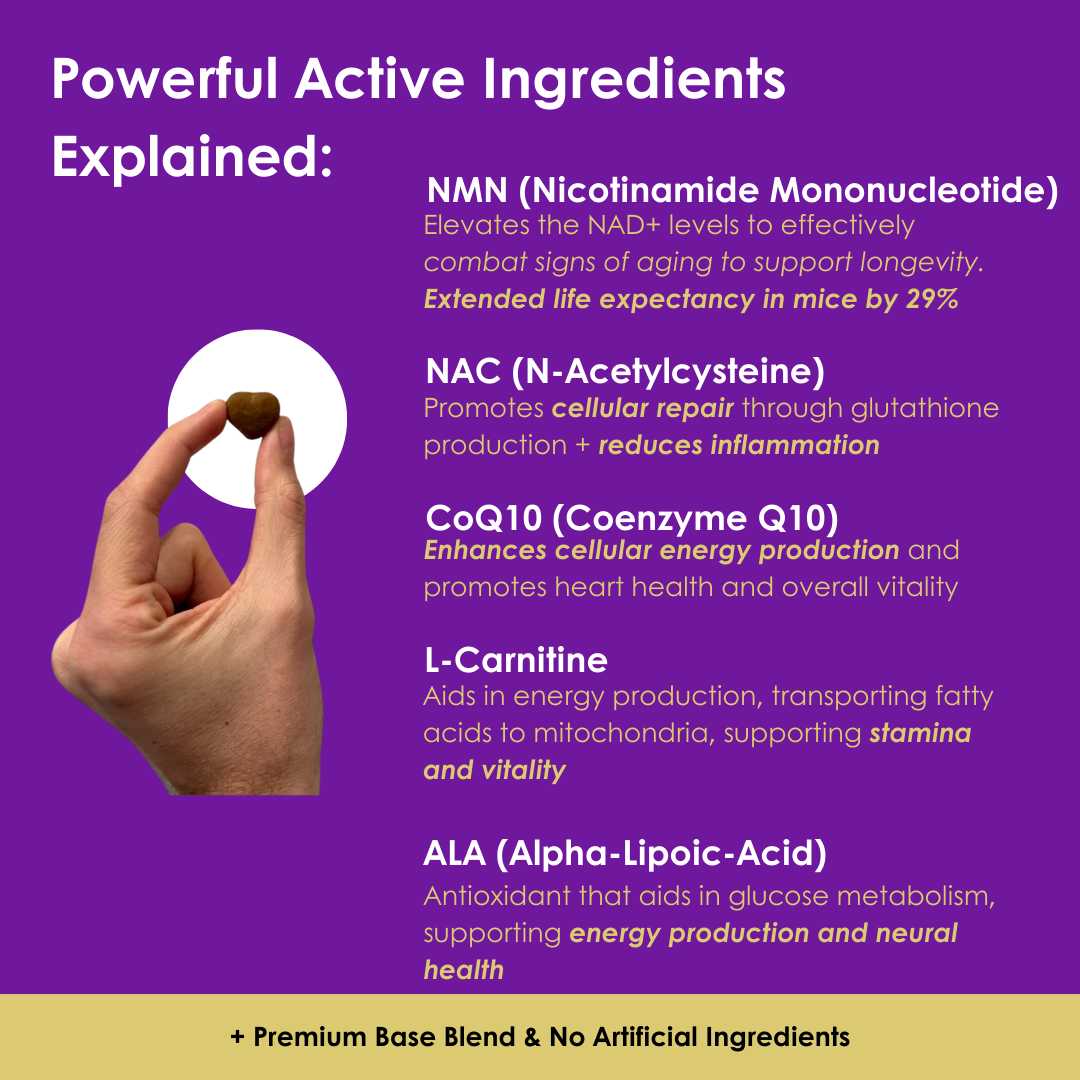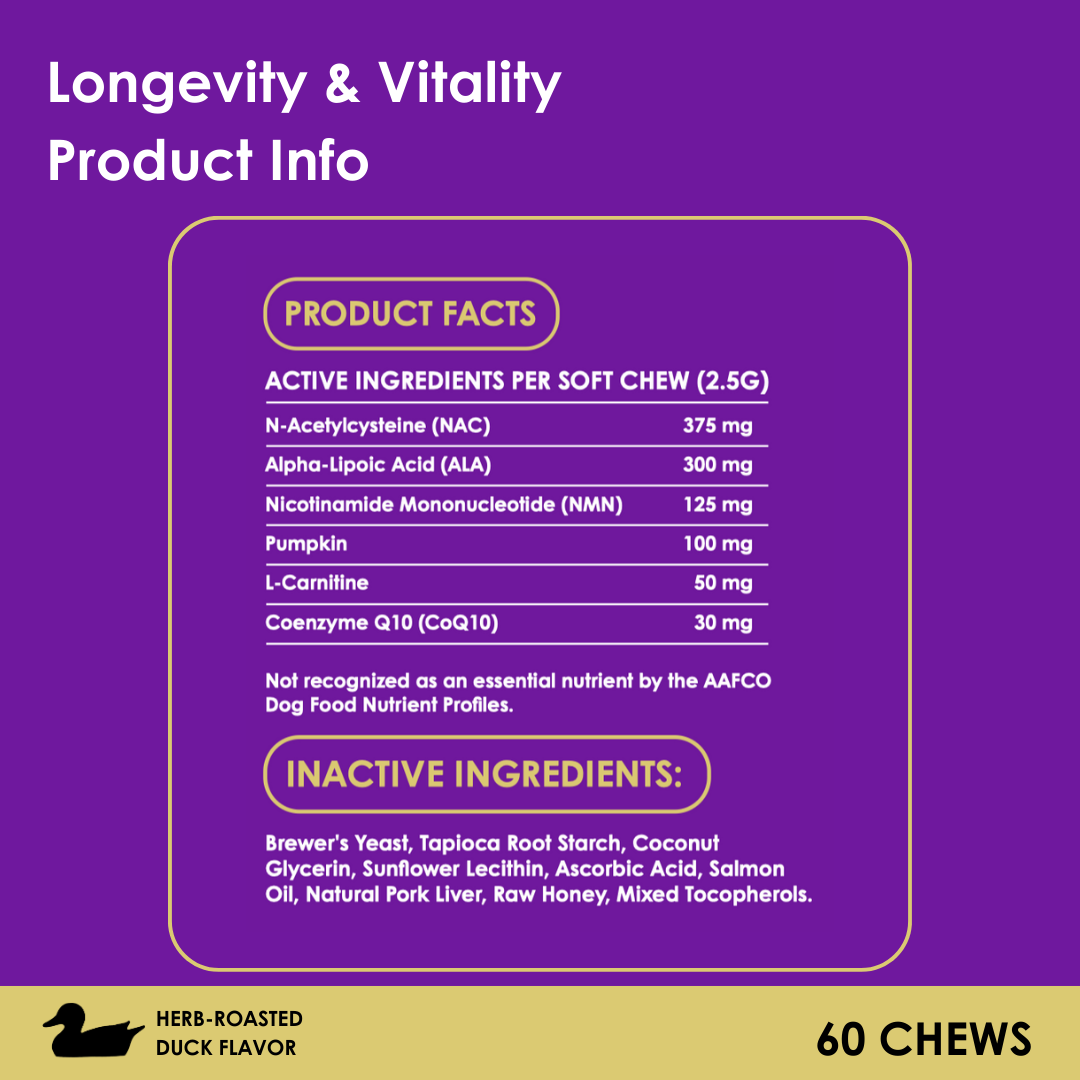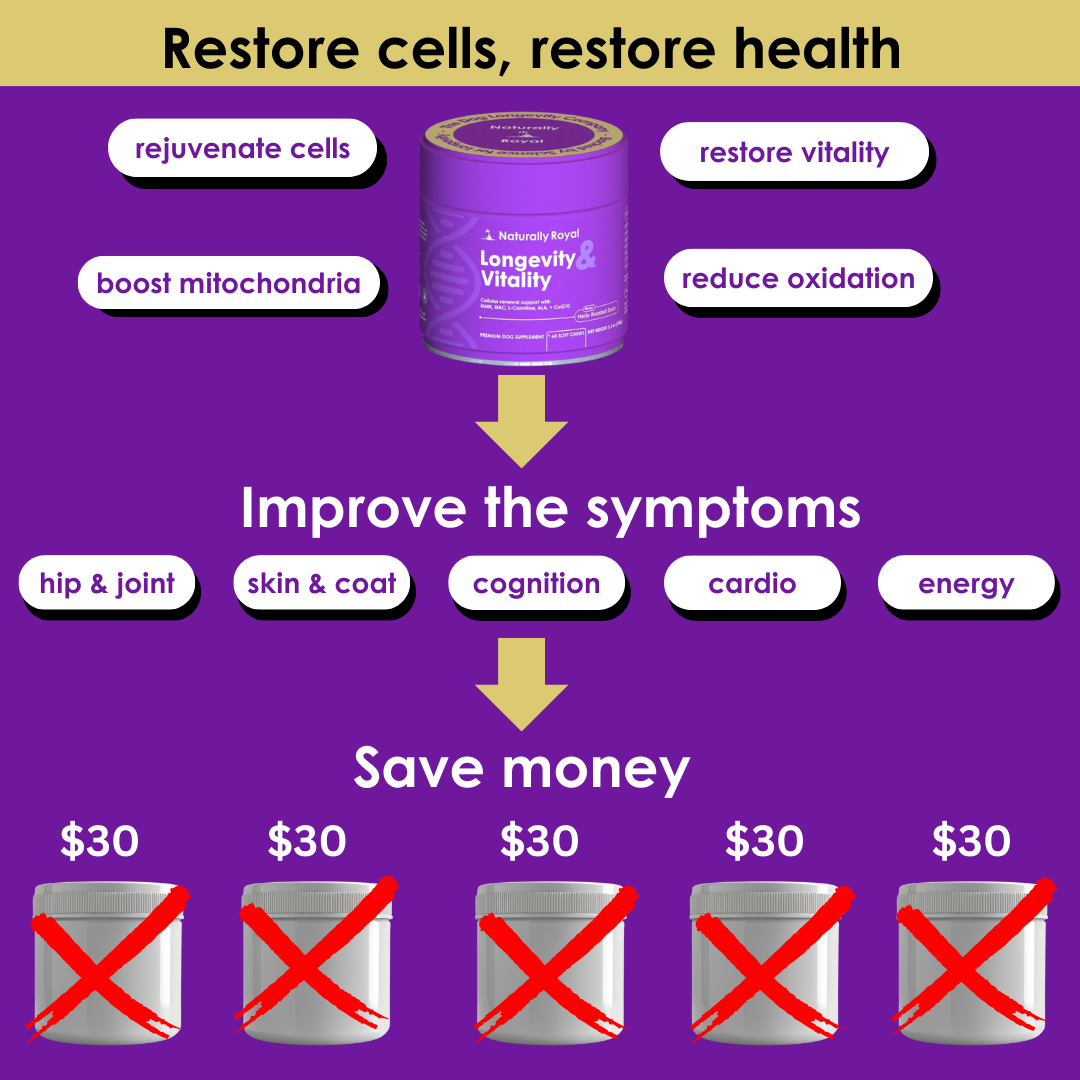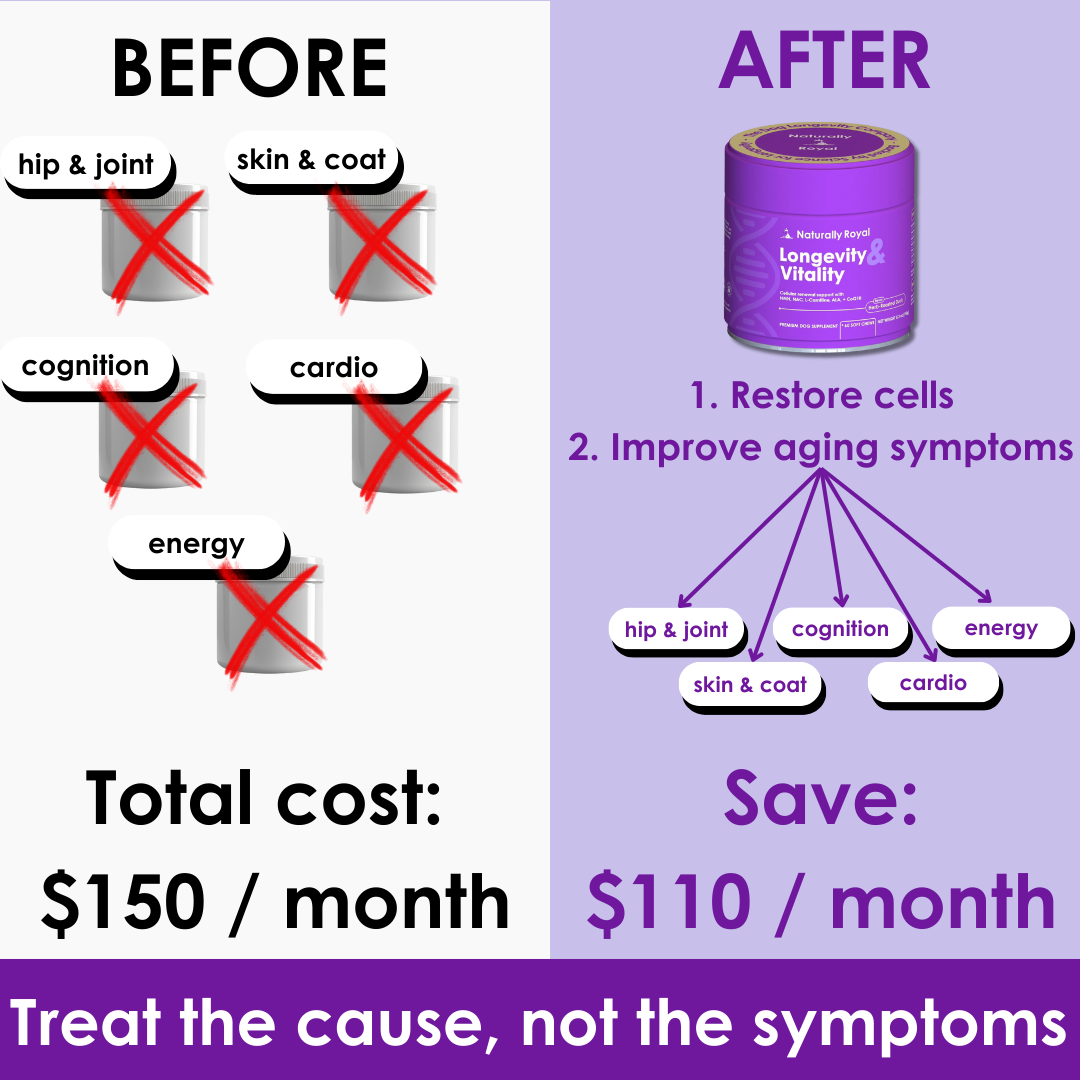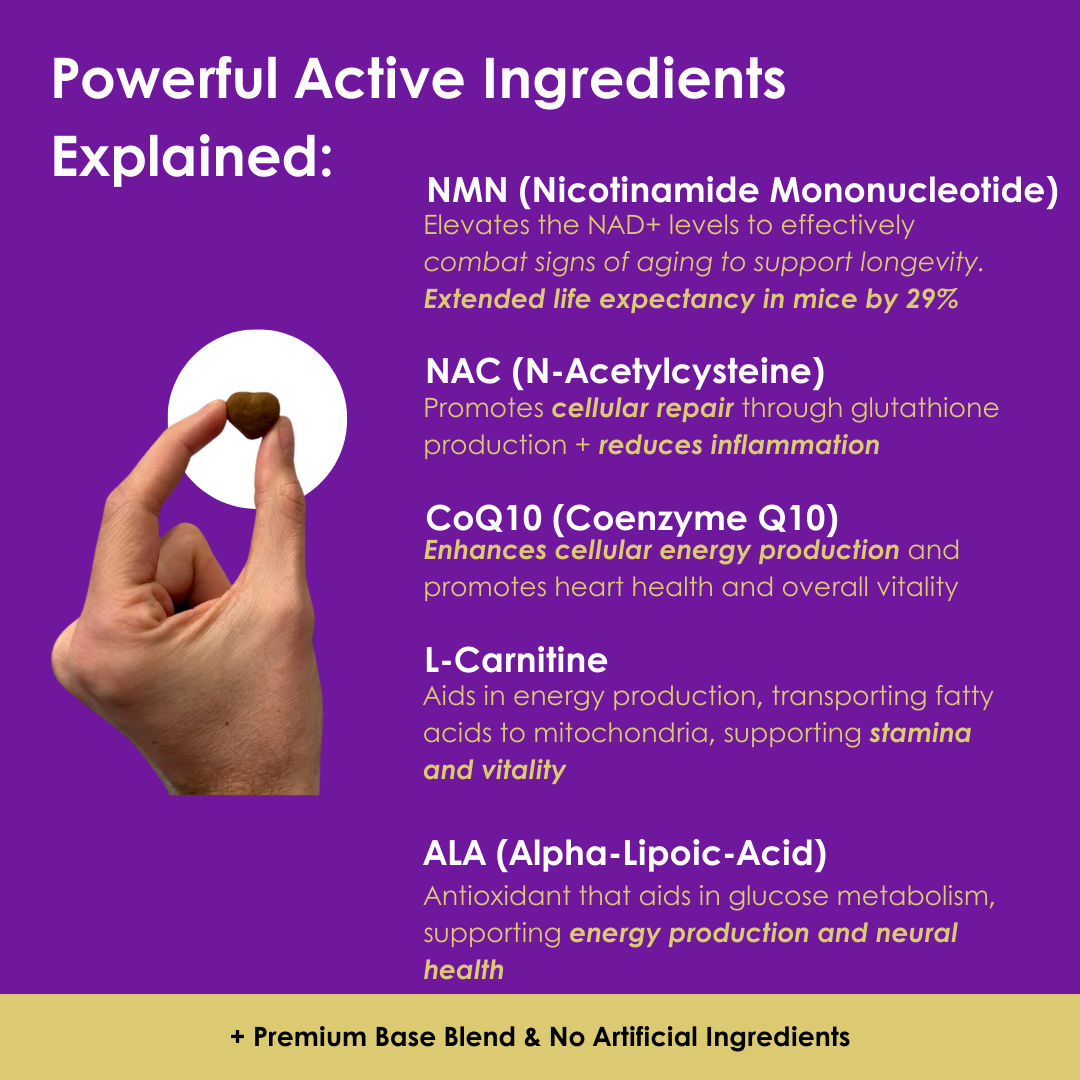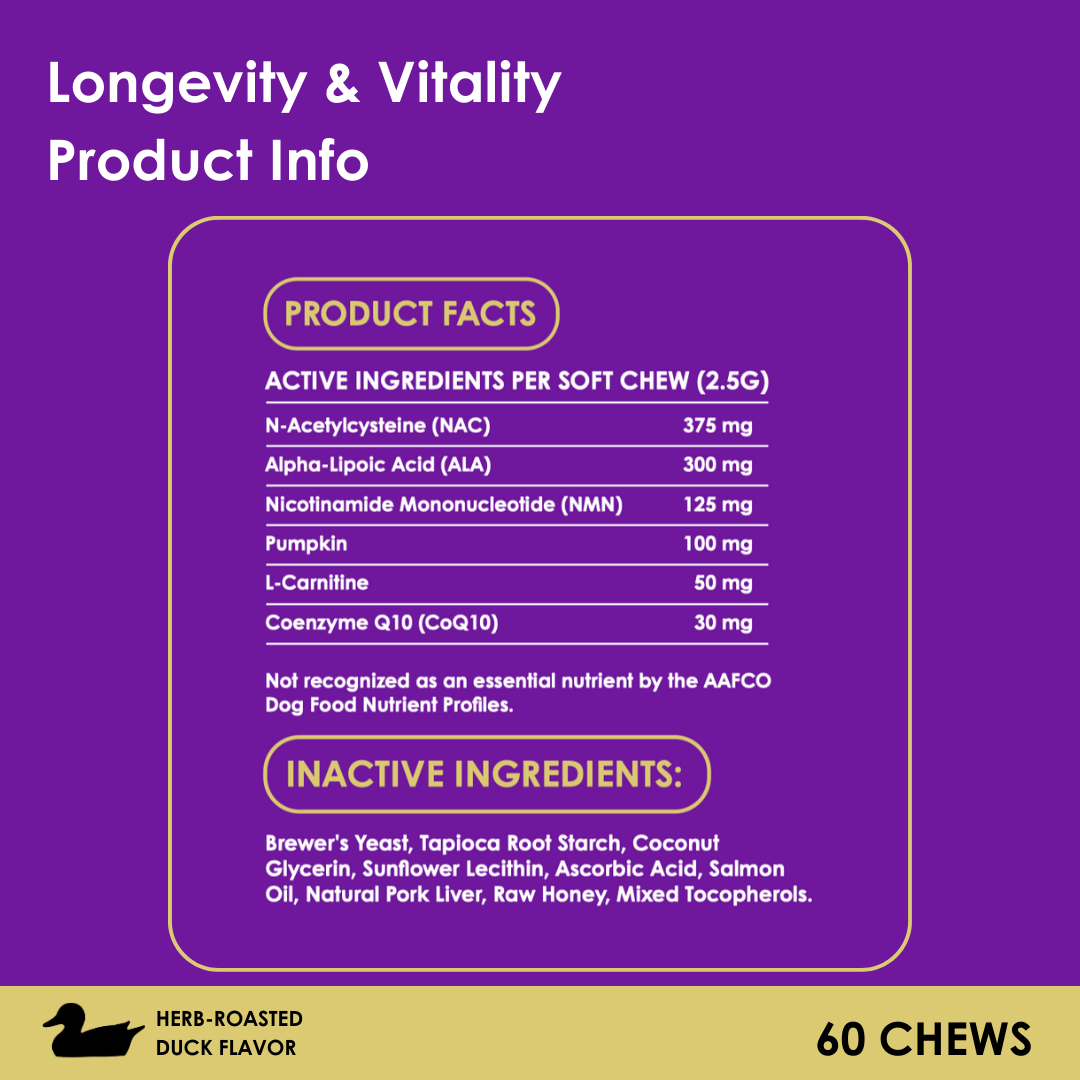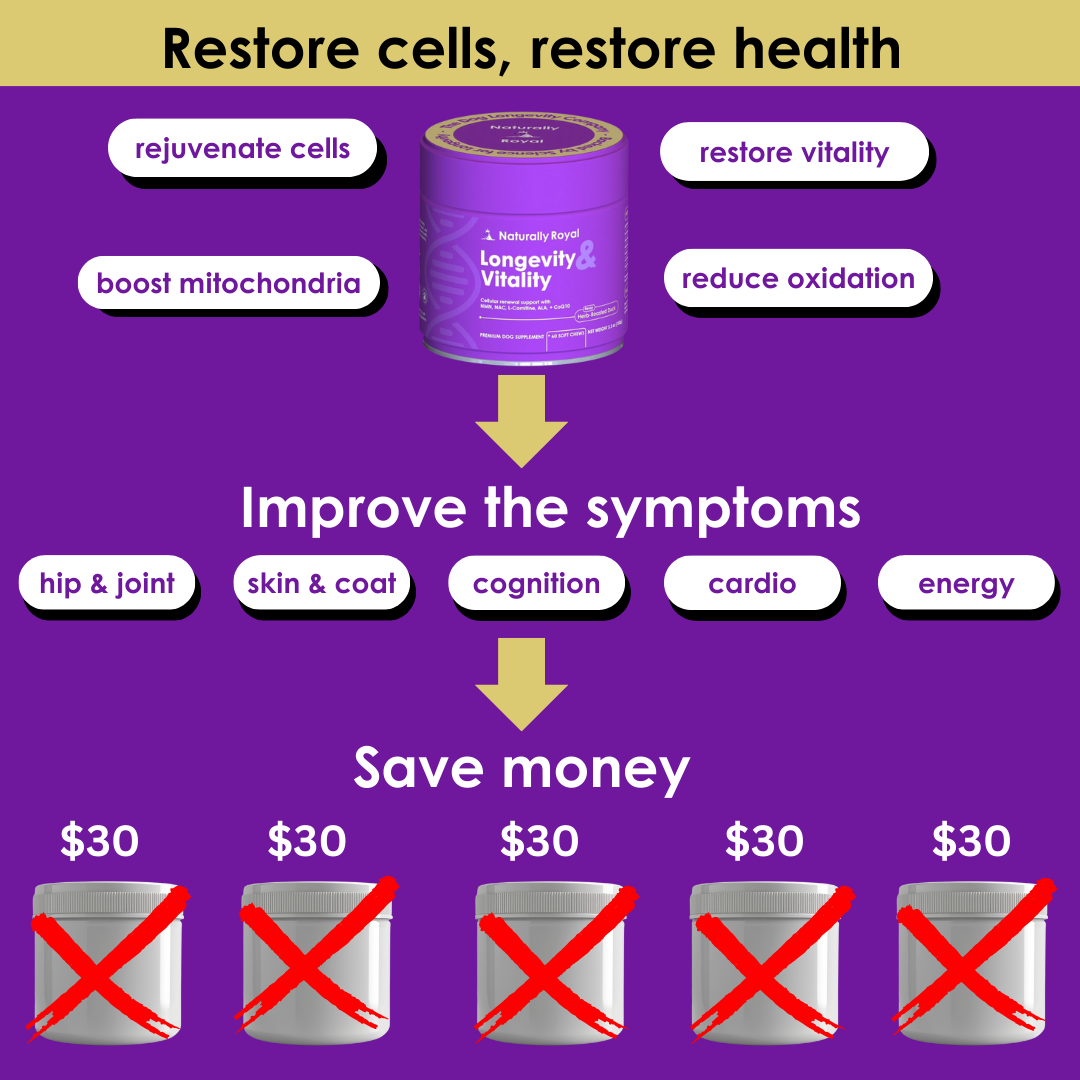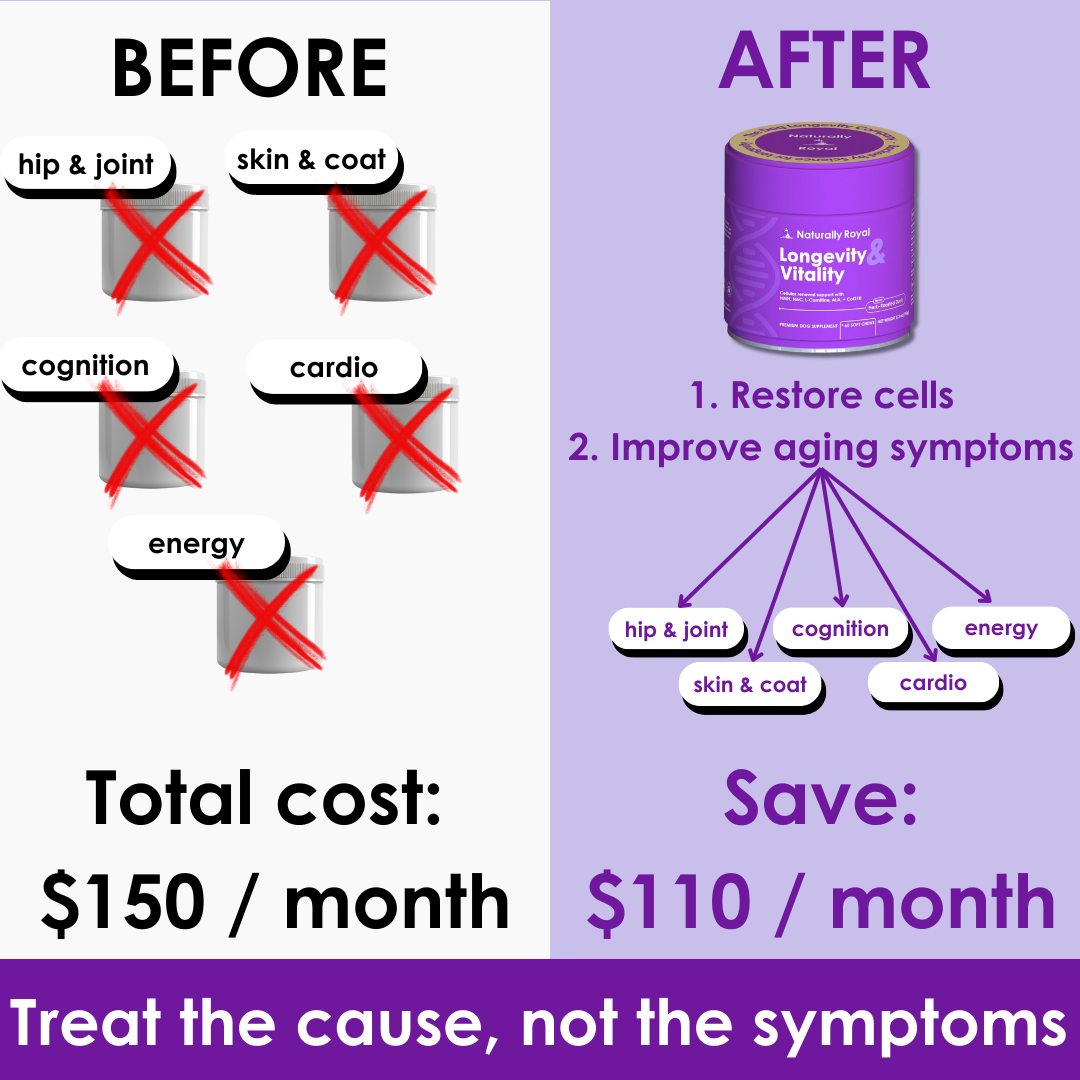How AI is Revolutionizing Longevity Care for Dogs
With advancements in technology, artificial intelligence (AI) is becoming a transformative tool in veterinary medicine, particularly in improving the longevity and quality of life for dogs with cancer. ImpriMed’s new AI-driven service, Drug Response Predictions (DRP), is at the forefront of this revolution, offering personalized drug response predictions for canine cancer patients. Let’s explore how AI can enhance longevity care for dogs, the benefits of ImpriMed’s DRP, and the broader implications for veterinary medicine:
What is ImpriMed’s Drug Response Predictions (DRP)?
ImpriMed’s DRP is an AI service designed to predict how individual dogs with lymphoma or leukemia will respond to various anticancer drugs. This service is part of ImpriMed’s broader personalized prediction profile, which includes immunoprofile reports detailing clonality and immunophenotype information. These reports help veterinarians diagnose the type and subtype of cancer accurately.
How AI Improves Cancer Treatment for Dogs:
-
Personalized Treatment Plans:
- Tailored Therapies: By analyzing a dog’s live cancer cells, medical history, and breed, the AI tool can recommend the most effective treatment options. This personalized approach increases the likelihood of successful outcomes.
- Predictive Accuracy: The AI uses a database of known clinical outcomes to predict how well a dog will respond to specific treatments, making the treatment process more precise and effective.
-
Enhanced Diagnostic Accuracy:
- Detailed Immunoprofile: The immunoprofile report helps in accurately diagnosing the cancer type, allowing for more targeted and effective treatment plans.
- Fast Turnaround: Prognostic predictions for common chemotherapy regimens, like CHOP, are delivered within 6 to 7 days, enabling swift and informed decision-making by veterinarians.
Impact on Longevity and Quality of Life:
-
Extended Survival Times:
- Improved Outcomes: According to research, dogs with relapsed B-cell lymphoma that received ImpriMed’s DRP experienced an extended median survival time of 160 to 187 days.
- Reduced Side Effects: Personalized treatments can minimize unnecessary side effects, improving the overall quality of life for dogs undergoing cancer treatment.
-
Better Veterinarian-Client Relationships:
- Enhanced Communication: Veterinarians can provide more detailed and personalized treatment plans, leading to better understanding and trust between veterinarians and pet owners.
- Cost-Effective Care: By identifying the most effective treatments quickly, the AI tool can help reduce treatment costs and improve patient outcomes.
Broader Implications for Veterinary Medicine:
-
Standard of Care:
- Elevated Care Standards: AI-driven tools like DRP elevate the standard of care in veterinary medicine, making advanced cancer treatments more accessible and effective.
- Innovative Research: The success of AI in cancer treatment for dogs may spur further research and development of AI applications in other areas of veterinary medicine.
-
Future Prospects:
- Expansion of AI Tools: As AI technology continues to evolve, we can expect more sophisticated tools that can predict and manage a wide range of diseases, further improving the longevity and health of our pets.
- Collaborative Efforts: Increased attention, funding, and collaboration within the scientific community will likely enhance the development and application of AI in veterinary care (PetMD).
Conclusion:
AI is poised to revolutionize veterinary medicine by providing more personalized and effective treatment options for dogs with cancer. ImpriMed’s Drug Response Predictions service exemplifies how AI can extend the lifespan and improve the quality of life for our canine companions. As technology continues to advance, the integration of AI in veterinary care promises a brighter, healthier future for pets and their owners.




